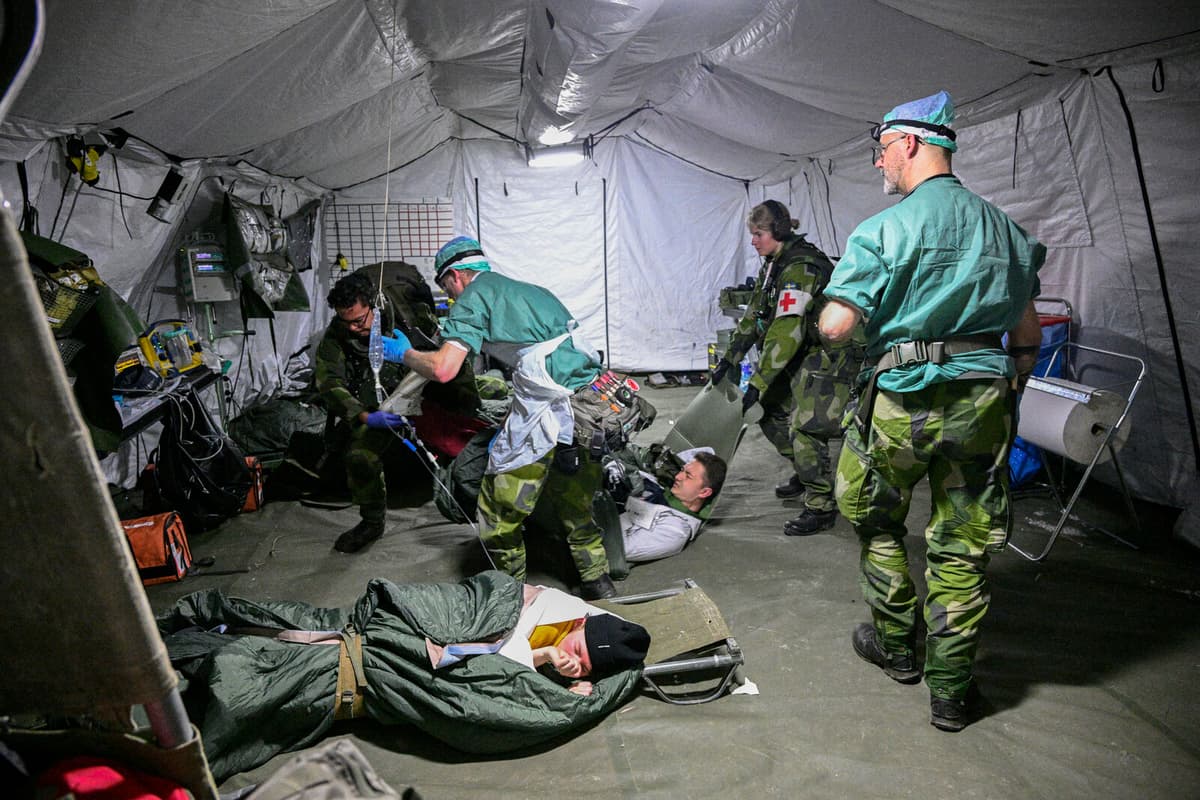In war, healthcare must handle both ordinary people's need for care – and simultaneously many who have been injured in combat.
But healthcare resources are limited and the government is now preparing legislation that, among other things, clarifies how care should be prioritized during heightened alert and ultimately in war.
If the situation becomes so severe that resources are insufficient, certain exemptions from healthcare laws may become relevant, says Acko Ankarberg Johansson (KD) in her speech in Sälen.
She does not want to give any examples of what care should be set aside.
When looking at Ukraine, you have both – ordinary care with anti-smoking campaigns or vaccinations, but in some areas there is ongoing war and there you cannot provide care to those who remain, as healthcare is knocked out.
The idea behind the new guidelines is that healthcare personnel should feel secure in that the difficult prioritizations that need to be made are well-grounded and accepted.






